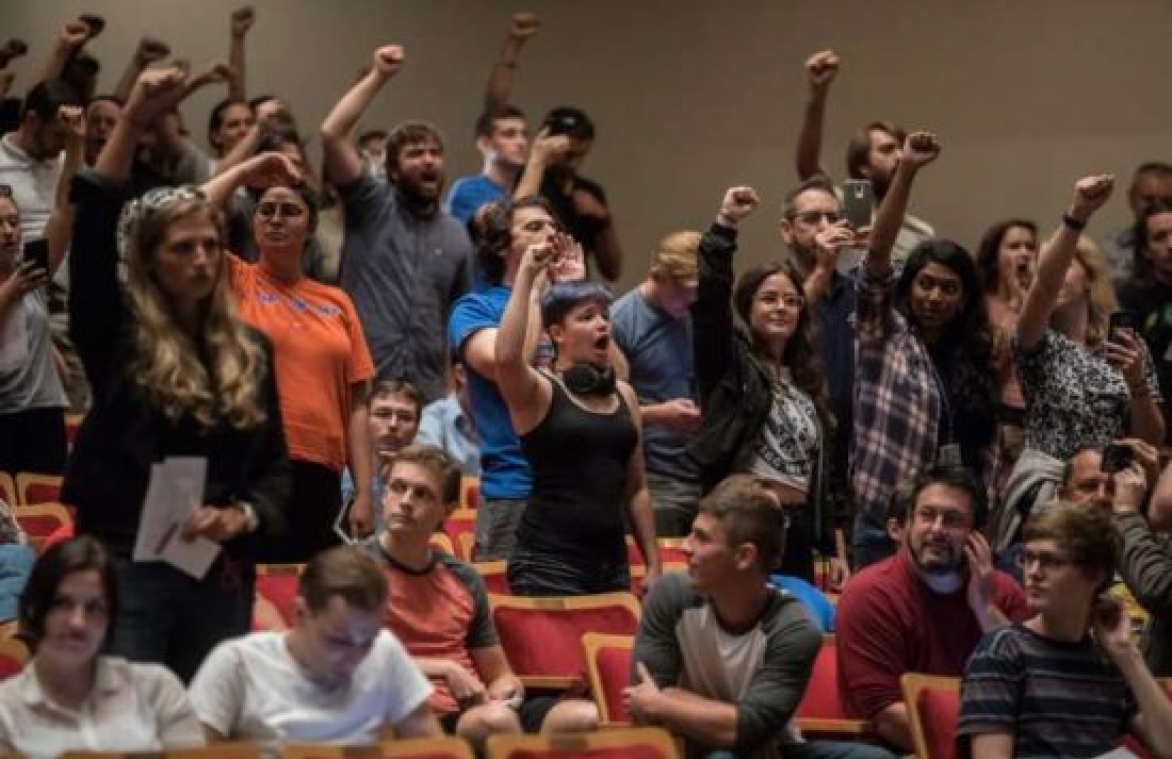Last week I blogged on the campus speech debate as it played out with the Virginia ACLU and its response to the William and Mary controversy. (See also Walter Olson, The ACLU Yields to the Heckler’s Veto, WSJ, Oct. 24, 2017)
As evidenced by the several entries below, the campus speech issue continues to be the First Amendment issue of our times.
Just out: Post-Chemerinsky Exchange
Professors Robert Post and Erwin Chemerinsky exchange views on the topic of campus speech, this in just published Vox posts. Here are a few snippets from that exchange:
POST: “The language and structure of First Amendment rights . . . is a misguided way to conceptualize the complex and subtle processes that make such education possible. First Amendment rights were developed and defined in order to protect the political life of the nation. But life within universities is not a mirror of that life.”
“. . . [M]embers of the university community do not enjoy special freedoms. They have the right to academic freedom, not First Amendment freedom of speech. Academic freedom is defined in terms of the twin missions of the university; it encompasses freedom of research and freedom of teaching. Academic freedom does not entail the equality of ideas. To the contrary, it is defined as the freedom to engage in professionally competent teaching and research.”
CHEMERINSKY: “Professor Post’s premise is undoubtedly correct: universities must evaluate the content of faculty and student work. But it does not follow that outside of this realm, free speech principles do not apply on campus. It is a logical fallacy to say that because basic free speech principles sometimes do not apply on campus, they must never apply.”
- “First, it is important to distinguish what the law is from what Professor Post thinks the law should be. . . .”
- “Second, Professor Post ignores the distinction between the university’s ability to regulate speech in professional settings (such as in grading students’ papers or in evaluating teaching and scholarship) and its ability to regulate speech in other contexts. . . .”
→ Related: Erwin Chemerinsky & Howard Gillman, Free Speech on Campus (Yale University Press, 2017)

